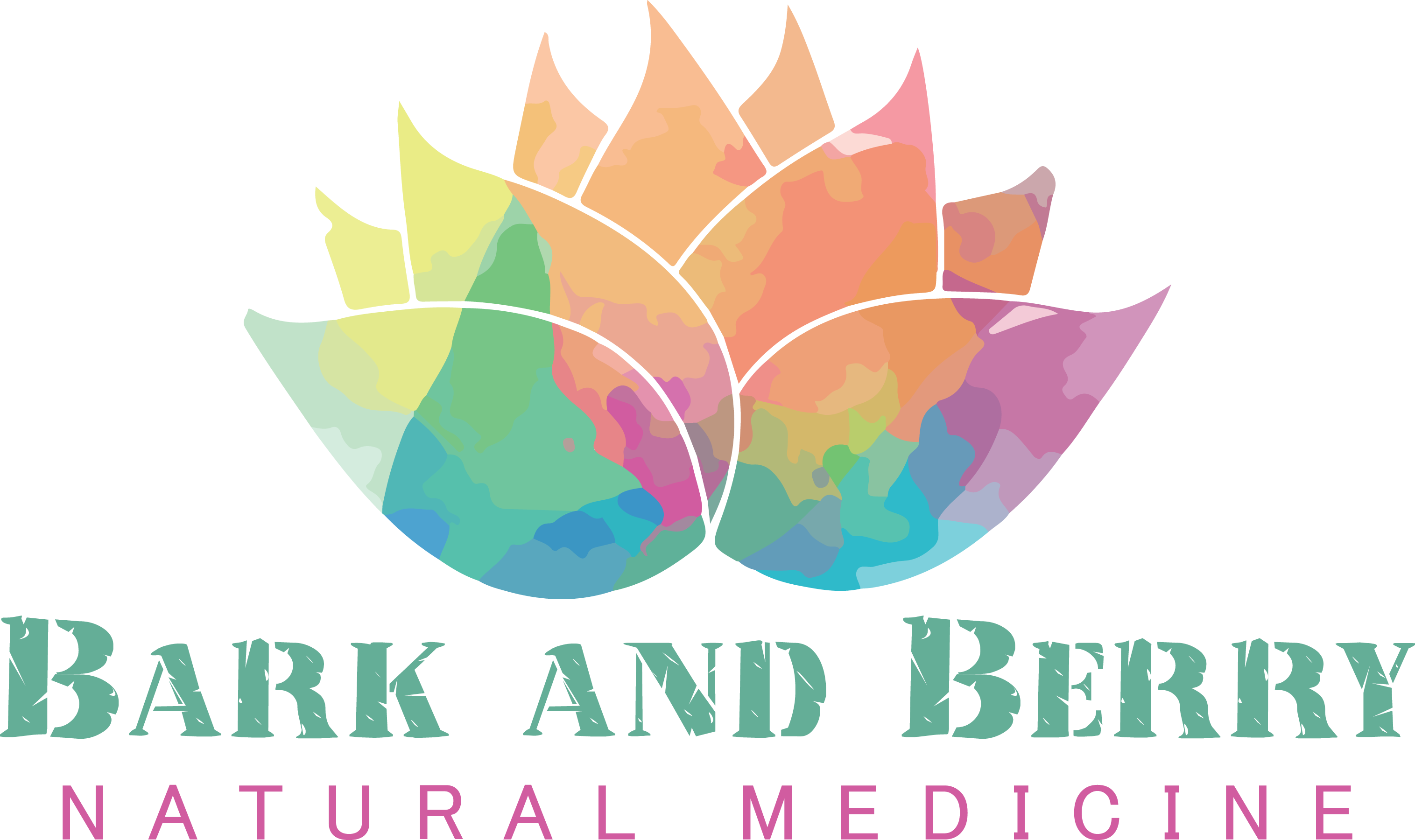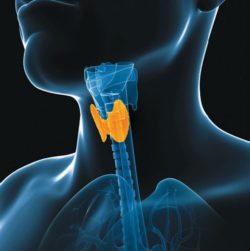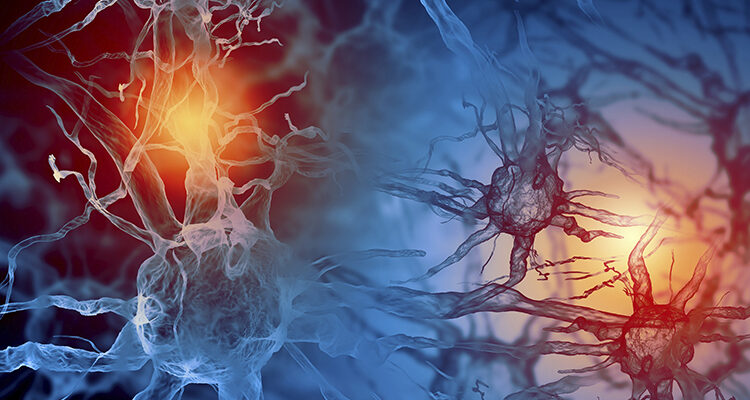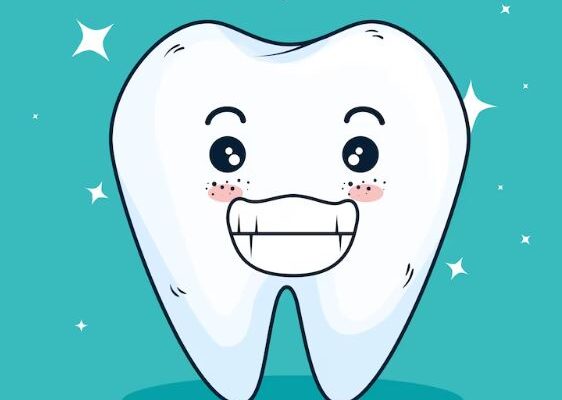
Nutrients to Strengthen your Teeth
Our teeth endure wear and tear from chewing and lifestyle factors. This is why remineralisation can help rebuild and strengthen our teeth.
Vitamin K2
Vitamin K2 activates specific proteins that support bone mineralisation1. For this reason a good pregnancy multi should have K2 as menaquinone-7 (MK-7) as stores can get low after birth and breast milk is a poor source of K2. Vitamin K2 increases osteocalcin, a teeth mineralising hormone, and initiates the process of calcium transportation from the circulation to the bones and teeth. Vitamin K2 is mostly found in fermented foods like cheese and natto (fermented soybeans), but it can also be made by our gut flora (microbiome).
Vit D
The active vitamin D3 plays a major role in the regulation of calcium and phosphorus absorption and therefore in maintaining teeth mineralisation. Deficiency of vitamin D3 can cause delay of teeth eruption and abnormal calcification of enamel and dentin2. Again, vitamin D is low in breast milk so Vitamin D may be a significant consideration for pregnant mothers and newborn infants & children, and of course adults too.
Magnesium
Magnesium is important in the structural development of teeth and supporting the absorption of calcium. High calcium without enough magnesium can be a problem – they must come together for best results. I usually suggest a ratio of magnesium to calcium 1:2.
Calcium & Phosphate
Calcium and phosphate can combine to form the mineral called apatite and is considered a main constituent of bone and tooth structure. These minerals work better with vitamin D, K2 and fluoride.
Fluoride
Fluoride in the saliva helps to get calcium into the teeth. As excess fluoride can affect the thyroid, lower IQ in children and damage the teeth, I tend to prefer food sources for fluoride. These include grapes, raisins, crab, prawns, black tea, coffee, oats, spinach and potatoes.
Collagen
Collagen type 1 is mostly found in the organic parts of the bone, cementum and dentin of teeth. The best food sources are bone broth, gelatin, chicken skin, sardines and bone broth products.
Noteworthy
It is commonly known excess and frequent intake of sugar can lead to tooth decay and change the microbiome of the mouth3. Antioxidants in the saliva may play a significant role in preventing tooth decay. Increasing antioxidants in the mouth may be achieved by boosting our own levels of glutathione and SOD (superoxide dismutase), and by eating foods high in antioxidants.
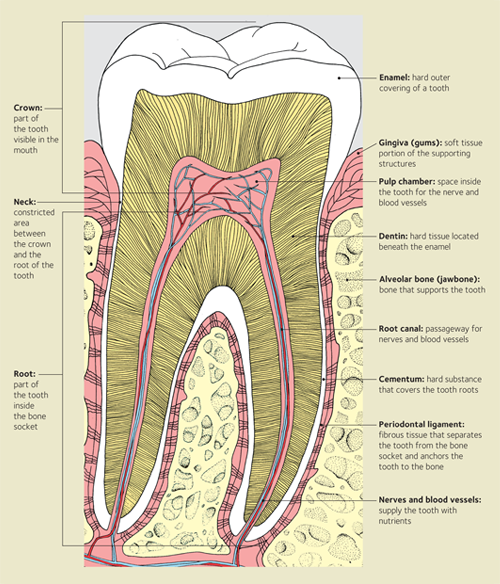
By Nadia Peach N.D.
References:
